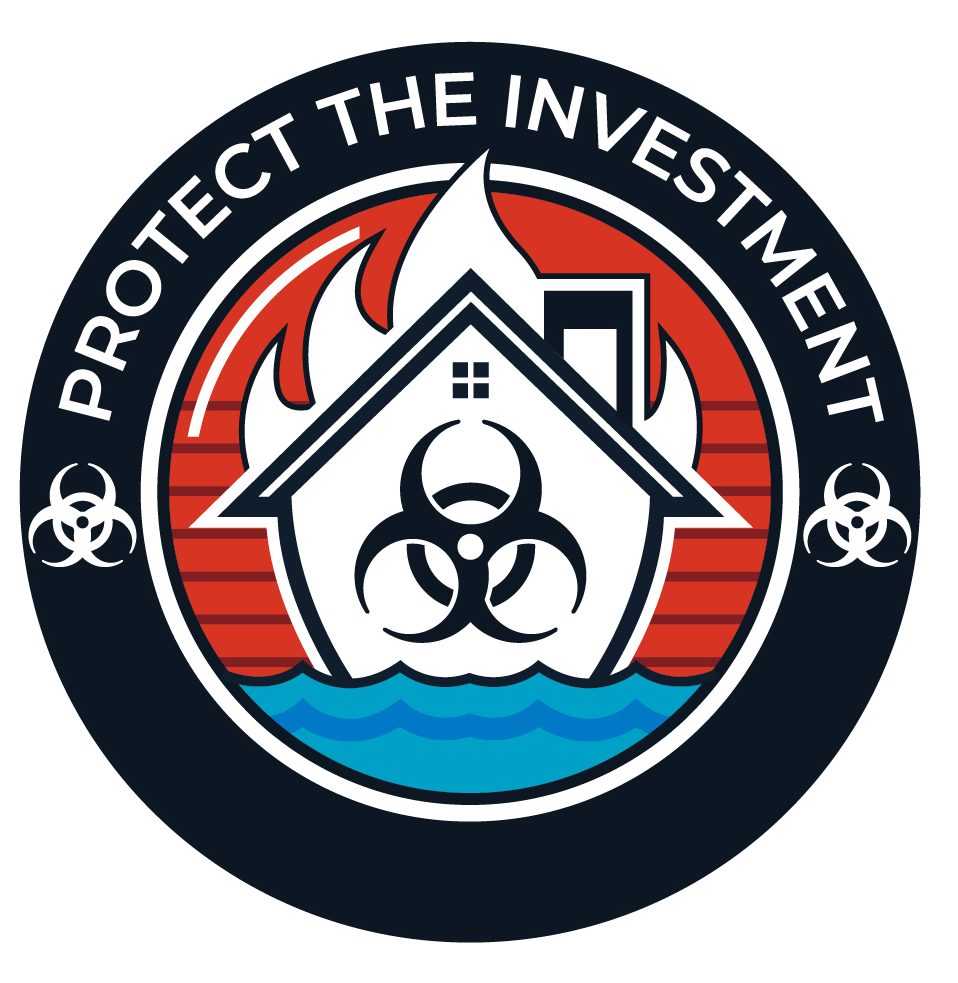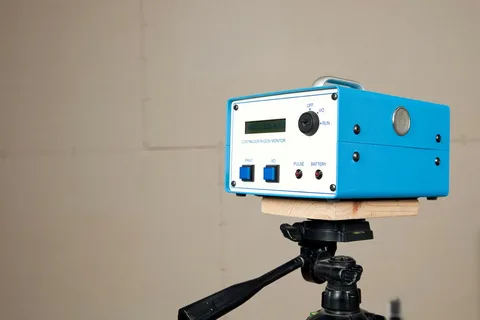Dear readers when you receive a home inspection report about radon testing the mention has emerged. Wait—what even is that? Radon appears to emerge straight out of a science fiction adventure. The term radon describes a genuine and discreet environmental hazard. This article explaining radon testing demonstrates its place within a home inspection and explains both the life-saving and financial value of such testing.
What Is Radon Testing in a Home Inspection?
The radioactive substance known as radon appears invisible to both sight and smell. You can’t see it or smell it. This dangerous gas seeps into home structures through the ground base and stays there most heavily in lower basement areas. The testing procedure for radon conducted by home inspectors exists to protect your safety. No drama—just solid protection.
Why Is Radon Testing Important During a Home Inspection?
How Dangerous Is Radon?
- Radon stands as the EPA-identified second major cause of lung cancer in America following after smoking.
- Every year radon gas causes the death of 21,000 individuals. That’s not a small number.
- The U.S. Surgeon General’s Office states that radon exists in one out of fifteen American homes.
How Radon Testing Works
- Customer deals with real estate benefit greatly from the rapid results delivered by Continuous Radon Monitors (CRM).
- Home testing equipment is usually deployed at the lowest accessible residential floor of the property.
- Many radon testing procedures will produce results within 48-72 hours following the test period completion.
Types of Radon Tests You Might See
Short-Term Radon Tests
- Measures radon over 2–7 days.
- Good for quick property sales.
- Two monitoring methods exist for detecting radon through either charcoal canisters or electronic instruments.
Long-Term Radon Tests
- Long-Term Radon Tests
- Measures levels over 90+ days.
- Gives a better yearly average.
- Ideal for after move-in monitoring.
What Happens If Your Home Has High Radon Levels?
Mitigation Options
- Pipes and fans perform sub-slab depressurization to extract radon from the spaces underneath the house.
- Foundation cracks which enter the home need to be sealed so radon stays outside.
- Bearing fresh air through ventilation keeps radon gas levels minimal.
| Interesting Stats & FactsAccording to the World Health Organization humans should take action when radon levels reach 2.7 pCi/L.The EPA has set the action level at 4.0 pCi/L.States across the United States now need radon-resistant new homes as part of construction requirements.Fun fact: Radon was once used in spas as a treatment—yikes. |
Conclusion
The radon inspection procedure represents more than a supplemental service. It’s a health protector. Your safety together with protection of your investment emerges as a direct outcome of radon testing. Real estate owners should examine under their feet regardless of their current property status – buying or selling.
FAQs
1. Can I test for radon myself?
Yes! Matters more to use professional testing services, especially when dealing with real estate transactions, because DIY kits show less accuracy.
2. Does radon exposure affect properties of all ages, and it is an issue equally across new and old constructs?
Nope. Energy-efficient homes of today actually enhance radon trapping abilities more than older residential buildings used to.
3. What amount of money must be paid for radon mitigation procedures?
The cost of radon mitigation services ranges between $800 to $2,500 based on the properties and installed systems.
4. Can radon detection in my home prevent a house sale unless there is proper radon mitigation, or provision of the credit to the buyer?
Not usually. Homebuyers usually require radon mitigation solutions or receipt of compensation amounts. It’s manageable.
5. Can you eliminate radon from existence?
The levels of radon exposure can be lowered to achieve safety standards. Safety is the main objective rather than achieving complete zero levels if possible.
Note: Protect The Investment, LLC provides radon testing services along with complete peace of mind for customers seeking testing solutions. Protect The Investment, LLC is your licensed and local radon service provider to ensure your breathing stays safe.

